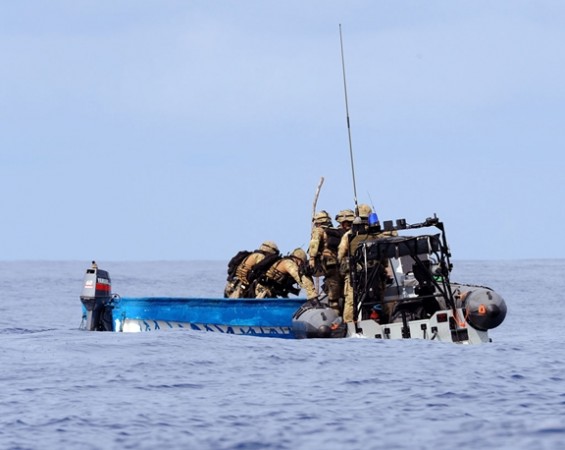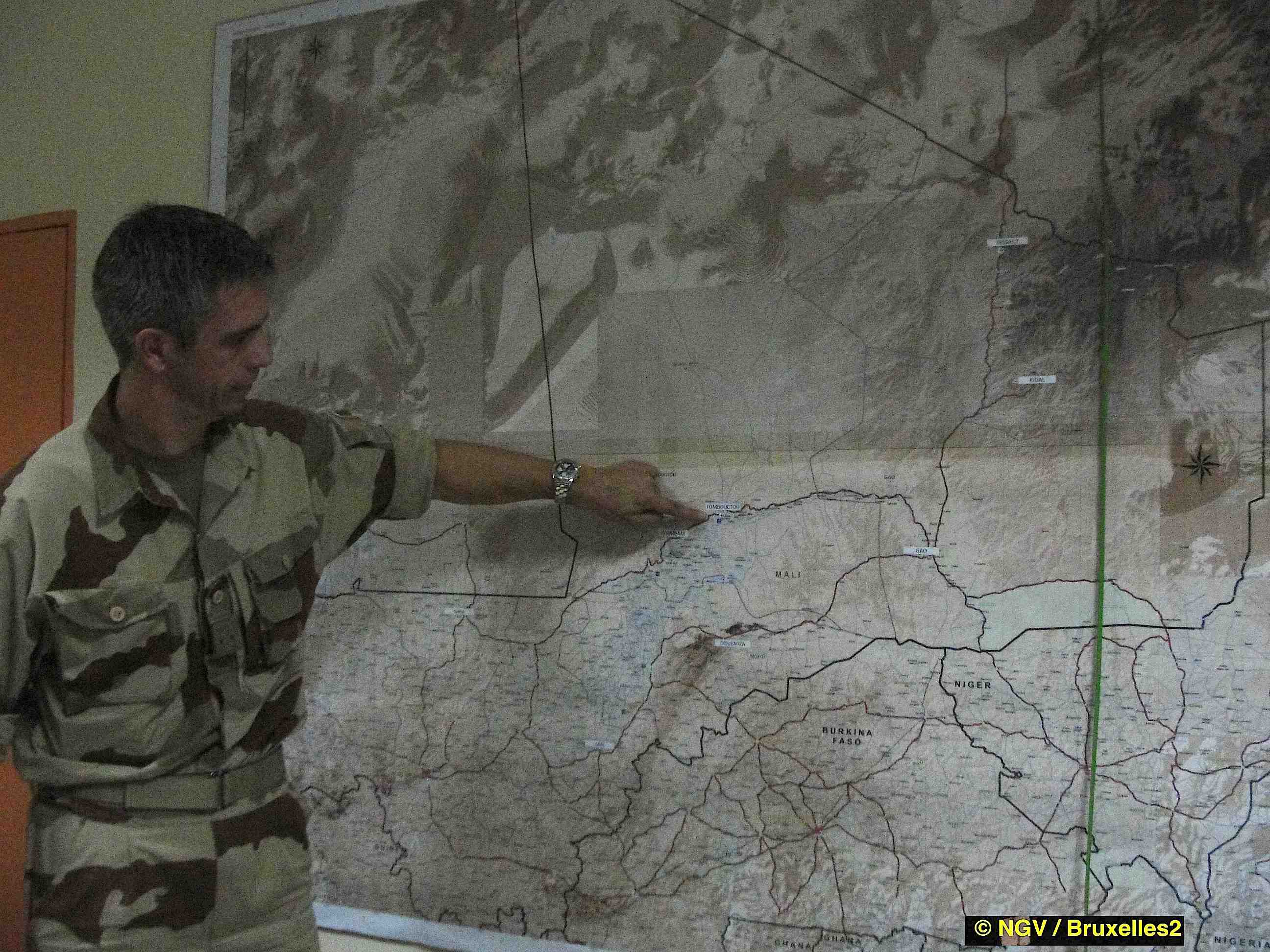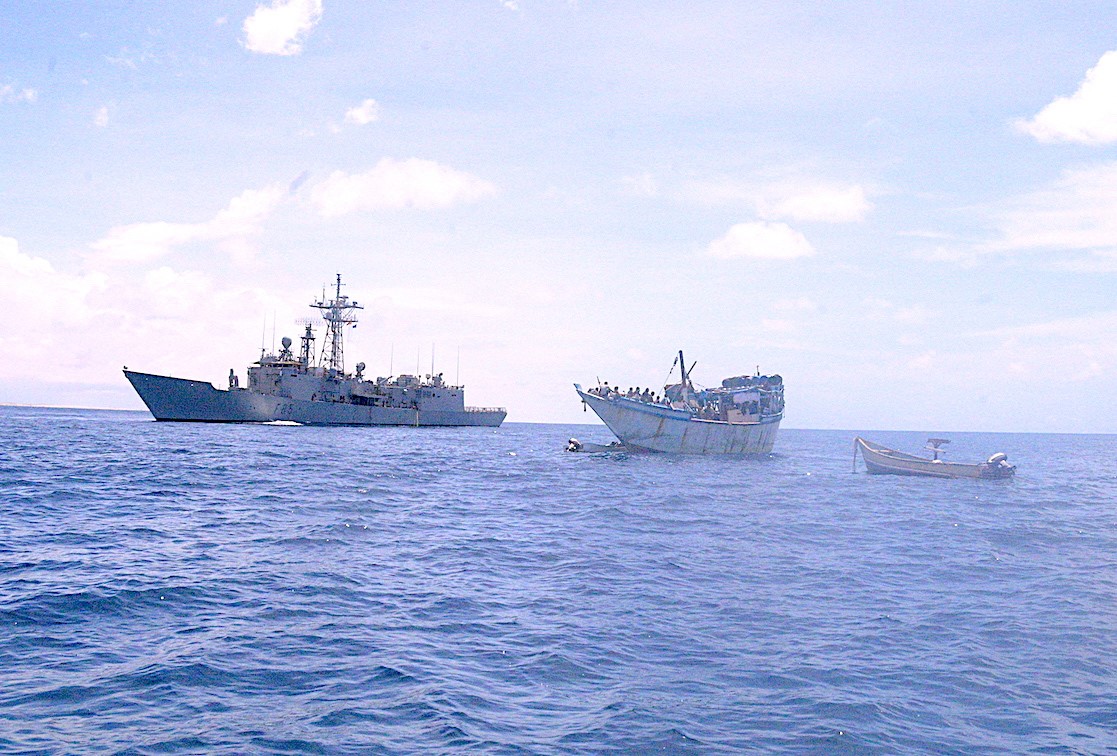The House of Commons rebukes its government on piracy

(BRUSSELS2) In political terms, the British House of Commons has just issued a severe admonition to his government in the report on maritime piracy which it has just published. A timely report since it comes as the Foreign Office intends to host a major conference on maritime piracy in February 2012.
A gap between rhetoric and action
« For too long there has been a noticeable gap between government rhetoric and action », is it written. " Piracy is not a priority task for the Royal Navy. “It is difficult to see how the UK can continue to play a leading role in the international response without having a visible commitment of at least one ship at all times,” explain the deputies who are worried about the consequences of the Strategic Defense Review on the forces available.
Whether the UK allowed armed private guards on board British merchant ships, "the guidelines published by the government offer practical advice but do not provide a clear and comprehensive line on the lawful use of force". « There is no legal reason to prevent the UK from asserting jurisdiction over suspected pirates if no other state is willing to do so ". As for the tracing and the fight against the laundering of ransom money - approximately $135 million collected in 4 years -, the report admits its surprise at the " poor information available on pirate financing and profits”. Even on aid to families taken hostage, the House of Commons is critical, saying that " the Foreign Office should review its communication and other procedures to provide support to family members of British hostages”. A remark made after hearing Paul and Rachel Chandler, captured in 2009-2010... It's mind-blowing!
Not content with making this volley of observations, the deputies also make a series of recommendations. Among them, we can highlight:
• VPD teams. The government should explore with industry how industry could fund the presence of Ship Protection Detachments (VPD/EPE) or military personnel on board merchant ships. A question often ignored, but part of the British maritime industry would prefer to have soldiers on board, and would be ready to pay for it - the Ministry of Defense retorts by the weakness of the means available;
• Private guards. The parliamentarians underline how much the existing system is still too vague. The government must clarify the use of force by private companies, specifying (as for the military), the cases where they can use force, including lethal means, as well as examples of graduated responses. He must consider the risk that there may be that the guards or the master of the vessel may have to face in another State following an incident involving the use of weapons.
• naval forces. Failing to have a unified command, which would be ideal, the government must be " rigorous by eliminating any duplication between the different operations ". Rules of engagement should be reviewed regularly to ensure they can respond flexibly to pirate tactics. And the government must promise to maintain a commitment of at least one ship. (NB: we note that in the table published by the report, the British have never made more than one ship available to the various coalition forces - essentially NATO -, which is not at the level of the effort made by several European countries such as Germany, France or Spain).
• Satellite means. In the manner of what was done in Afghanistan, the report argues for the use of new ways of detecting skiffs, using micro-satellite surveillance.
• Lawsuit. This is one of the strengths of the report - and one of the weaknesses of the British response. If MPs support their government for refusing the establishment of an extra-territorial court (as proposed in Jack Lang's report to the UN), they believe they should study the more recent proposals for specialized courts established in the countries of the region and operating under ordinary law. The training of Somali judges will indeed take time (out of the 120 judges in Somaliland and the 76 judges in Puntland, only 5% are trained in law according to J. Lang's report, and the UN, which has started training twenty judges estimate that it will take 3 years before having trials in Somalia that meet international standards). The report therefore underlines that more effort - and pressure - must be exerted on the countries of the region so that they accept suspects and prosecute them before their courts (Kenya in particular). It is indeed this route of local prosecution which has the “preference” of the House of Commons.
But MEPs also say the government must ensure that all aspects of international piracy are covered by UK law and should clarify what obstacles stand in the way of prosecuting the Chandlers' kidnappers. It transpires from this report, in fact, that British law is not quite up to date: it has not yet really integrated the UN Convention on the Law of the Sea into its national law. NB: Surprisingly, there is little mention in this report that the United Kingdom is one of the only European States to have never prosecuted, or even attempted to prosecute, a pirate arrested by its forces or concerning one of its nationals!
Report to download within B2 Docs


